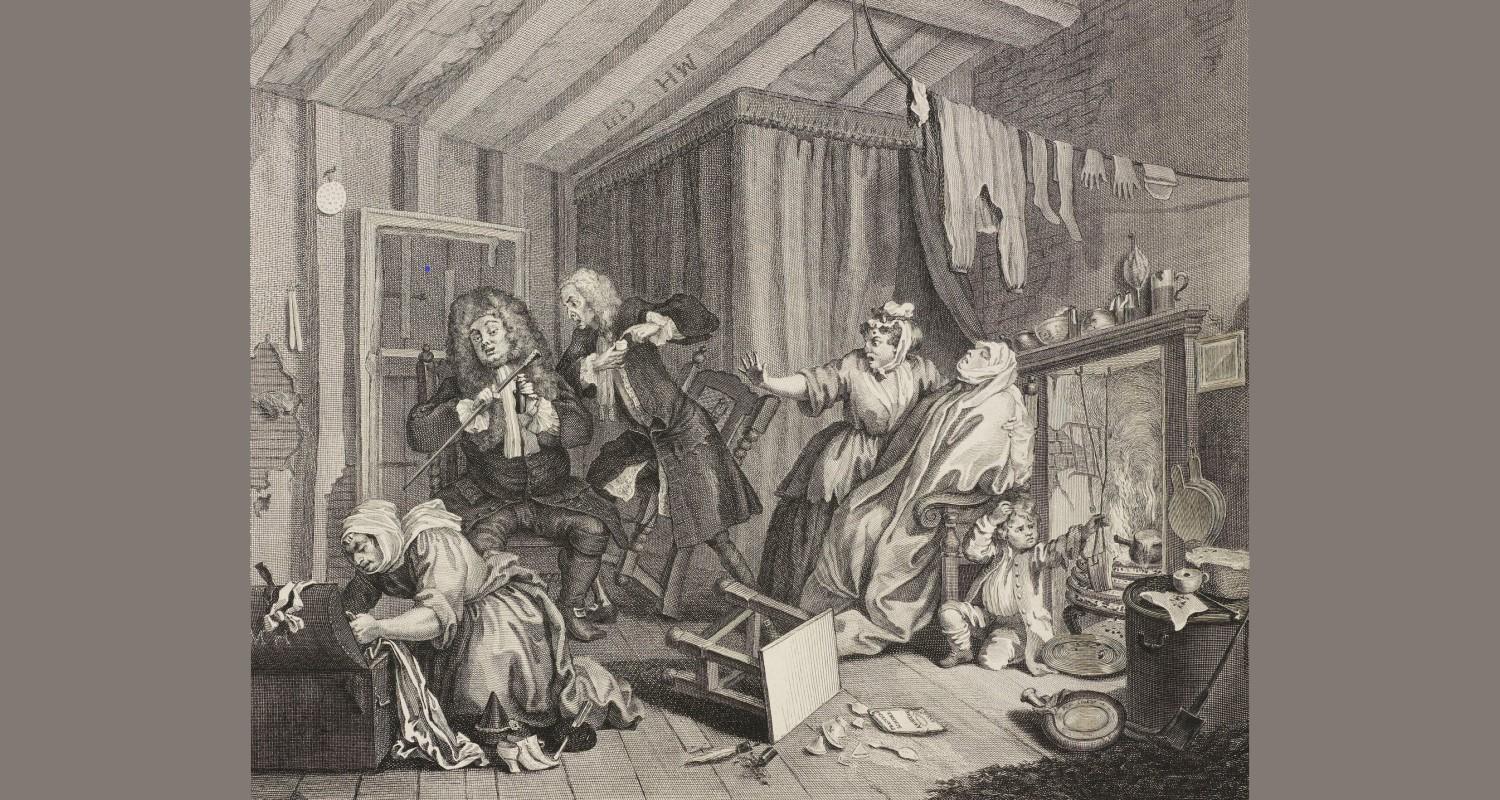Erasmus described syphilis as “the most destructive of all diseases”, and in the nineteenth century it was considered not just a health problem, but also as a symptom of a moral crisis. In London, it has been estimated that one in five people had syphilis, and asylums were filled with those whose sanity had been affected by the disease. Its prevalence in the armed forces were considered a threat to Empire. This talk by Human Remains Conservator Cat Irving will look at what this terrible disease does to the body, the cures which could be as bad as the disease itself, and its impact on society.
Cat Irving has been the Human Remains Conservator for Surgeons’ Hall since 2015 and has been caring for anatomical and pathological museum collections for over twenty years. After a degree in Anatomical Science she began removing brains and sewing up bodies at the Edinburgh City Mortuary. Following training in the care of wet tissue collections at the Royal College of Surgeons of England she worked with the preparations of William Hunter at the Hunterian Museum at Glasgow University. Cat is a licensed anatomist, and gives regular talks on anatomy and medical history, as well as writing the blog Wandering Bones. Recently she has carried out conservation work on the skeleton of serial killer William Burke prior to his display in National Museum of Scotland.
Why not make a day of it at Lauriston and have some lunch at Mimi’s café on-site after your lecture experience?
One Night with Venus, A Lifetime with Mercury: Sex and Syphilis
